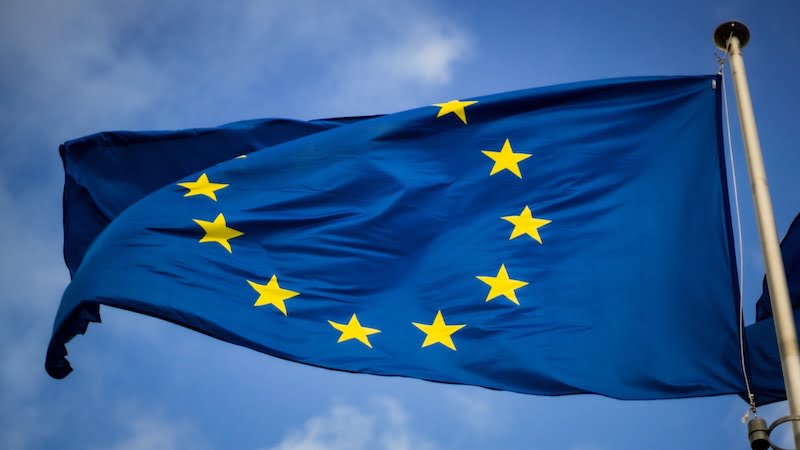
Tech giants such as Google, Facebook and Co. have so far been able to spread almost undisturbed on the Internet. But now the EU is intervening: With the Digital Markets Act, it wants to limit the market power of the large Internet companies.
Google, Facebook and Co. have become an indispensable part of our everyday lives. The gigantic tech companies have spread more and more in recent years.
Google alone was able to increase its worldwide sales from 55 to 256 billion US dollars between 2013 and 2021. A huge plus in less than ten years.
But with growing success and increasing market power, calls for more regulation are also getting louder. The EU Commission, EU Parliament and EU Council have now agreed on regulations to limit the market power of large online platforms.
The Digital Markets Act is intended to tighten the framework for large Internet groups and thus limit their market power.
Who falls under the regulations of the Digital Markets Act?
The Digital Markets Act designates the large platforms on the Internet as so-called gatekeepers. In the future, these will be on a black list, which will enable the EU Commission to initiate investigations and, in case of doubt, to sanction them.
The focus is on “large companies that offer so-called ‘core platform services'”. Of course, this includes the very large Internet and tech companies such as Apple, Google, Amazon and Facebook.
The requirements to be rated as a gatekeeper also include a market capitalization of at least 75 billion euros or annual sales of 7.5 billion euros.
In addition, the EU restricts that the selected companies only include those that offer certain services such as browsers, messengers or social networks. These must have at least 45 million monthly users and 10,000 annual business users in the EU.
What will tech companies do with the Digital Markets Act?
According to the agreement, large messaging services such as iMessage, Whatsapp or Facebook Messenger will have to “open up to smaller messaging platforms” in the future. In the future, users could exchange messages or make video calls across platforms.
In the future, users should also be able to choose their browser, virtual assistants or search engines independently of the operating system’s default settings.
With these new regulations, Europe is setting “the standards for how the digital economy will work in the future,” explains CDU MEP Andreas Schwab.
The agreement heralds a new era in global technology regulation. The Digital Markets Act puts an end to the increasing dominance of big tech companies. From now on, they have to show that they also enable fair competition on the Internet.
Europe is thus ensuring “more competition, more innovation and more choice” for consumers. The law also avoids “any form of over-regulation for small businesses”, which would make the online advertising market fairer, among other things.
However, if the gatekeepers do not comply with these new regulations, the EU Commission can impose fines of up to ten percent of total global sales in the previous financial year.
If there are repeated violations, it can even be up to 20 percent. If the EU Commission discovers systematic violations, it can prohibit the company in question from taking over other companies for a certain period of time.
When will the Digital Markets Act apply?
First of all, the legal text now has to be finalized on a technical level. Then the EU Parliament and EU Council have to approve it.
Once that is done, the text will appear in the EU Official Journal. It will come into force 20 days later and the rules will then become binding a further six months later.
Also interesting:
Source: https://www.basicthinking.de/blog/2022/03/25/digital-markets-act-ist-beschlossen/


